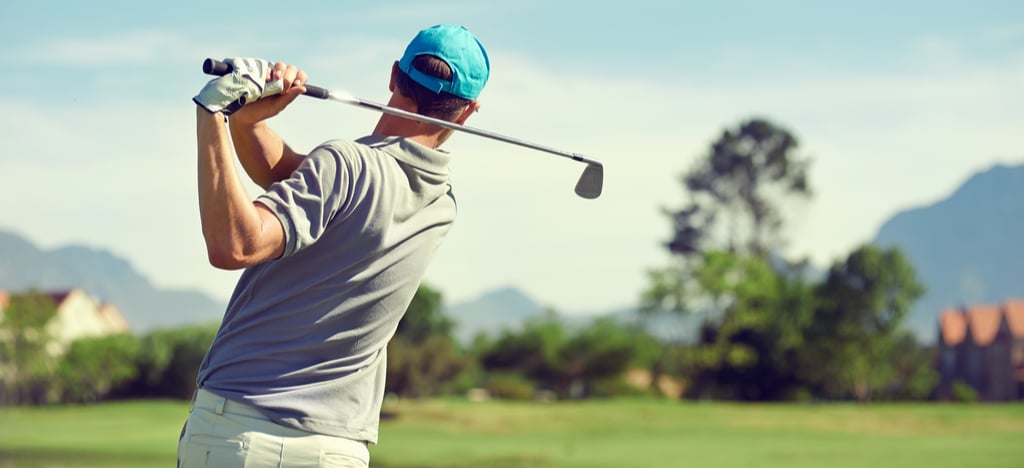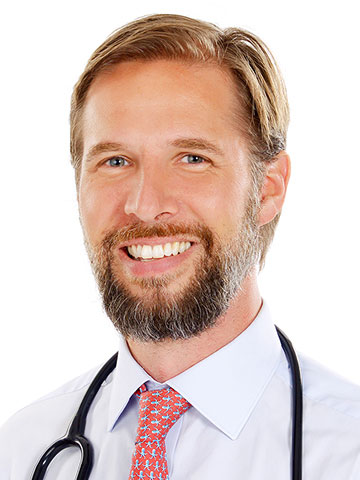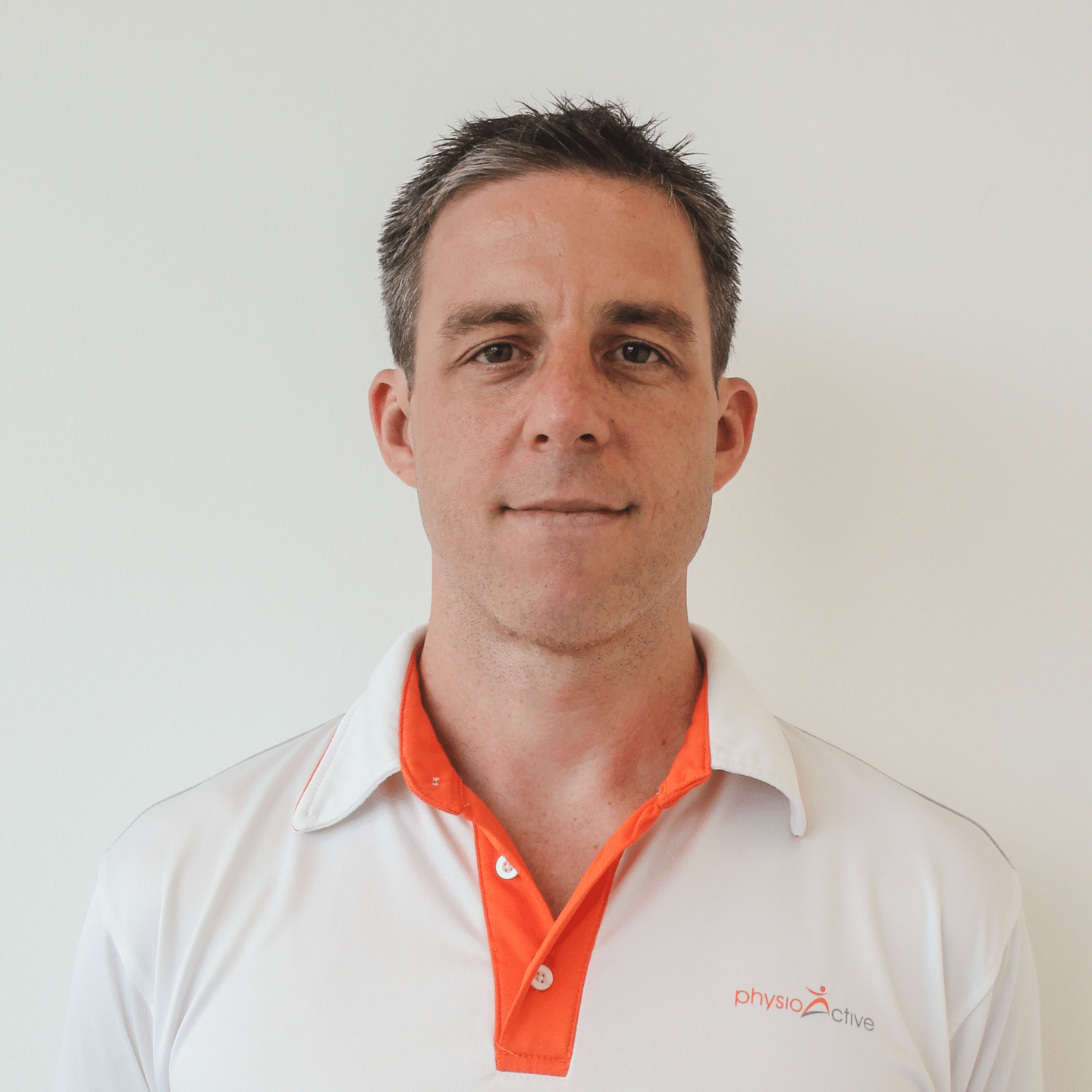
We asked Dr Chris Eldridge, at IMC Holland Village and Denis Mecklenburg, certified Golf Physiotherapist at PhysioActive about the most common injuries found through playing golf. You may think it’s a sedate sport but the strain on the shoulders, back, hips, knee and wrists can be very impactful. Over 30% of golfers eventually get a golfing injury.
Q: Golf is notoriously hard-wearing on the back and shoulders. Is this where you see most golf injuries?
Dr CE: Yes, there are general forms of injury I come across. Acute injuries are usually the result of a single, traumatic episode, such as hitting the ground of a submerged tree root in a sand trap. Overuse injuries are more subtle and usually occur over time. These injuries will more often stem from the stress that the golfer puts on the back and shoulders when swinging. The three most commonly injured areas of the body are the back, shoulder, and elbow.
DM: Yes, that’s true. However, elbow, wrist, hip and knee injuries are also very common.
Q: What factors contribute to golfing injuries?
Dr CE: Approximately 44 percent of all reported golf injuries in patients are from overuse. The main causes of these injuries include:
- Lack of flexibility
- Poor conditioning
- Excessive play or practice
- Poor swing mechanics
- Intermittent play
Poor flexibility is a key risk factor for a golf injury. One survey showed that more than 80 percent of golfers spent less than 10 minutes warming up before a round. Those who did warm up had less than half the incidence of injuries of those who did not warm up before playing.
The second main reason for golf injuries is the repetitive nature of this sport. The golf swing involves repetitive, high-velocity movement of the neck, shoulders, spine, elbow, wrist, hips, knees, and ankles. The percentage of injuries directly correlates with the number of rounds or the number of range/practice balls struck per week.
DM: The 5 big biggest factors include:
- Poor swing technique
- Overuse
- Poor physical condition such as decreased flexibility, strength and (core) stability
- Insufficient warm up & cool down (stretching)
- Age (wear & tear)
Q: What is recommended by a physio for these injuries?
DM: Once you have an injury, the main goal here is to get rid of the inflammation and pain. This is best achieved with rest (modified activity), physiotherapy and/or medication.
During your physiotherapy session, your therapist would administer different modalities such as ultrasound, shockwave therapy, massage, taping and dry needling. Exercises such as stretching and strengthening are also crucial in the recovery stage to return to golf.
Q: What is golfers elbow? What is the treatment?
Dr CE: Medial Epicondylitis, also known as “golfer’s elbow,” is a painful tendonitis on the inner aspect of the elbow, where the muscles that bend the wrist and fingers. It is an overuse injury which refers to pain over the common flexor tendon origin, i.e. inside of the elbow. It is commonly called golfer’s elbow, due to the high occurrences in golfers. However people who do not play golf can also suffer from these pains, e.g. people who are partake in gripping tightly or carrying things
The symptoms are:
- Pain or tenderness on the inside of the elbow and when pressing onto the medial epicondyle of the elbow
- Pain when you bend or straighten your wrist and hand
- Pain may shoot from the elbow down into the forearm or up into the upper arm
What types of treatment are available?
DR CE: You are encouraged to reduce activity to decrease repetitive loading of the damaged tendon during the initial inflammatory stage. Relative rest prevents ongoing damage, reduces pain and may promote tendon healing. However, complete rest should be avoided to prevent muscular atrophy and deconditioning. You may also be prescribed anti-inflammatory medication during the initial inflammatory stage
Q: Could regular physiotherapy/massage actually prevent these types of injuries?
DM: There is no 100% prevention from injuries if you do sports. However, research has proven that a regular exercise program can certainly reduce your risk of injuries. Furthermore, it can also help you to enhance your golf performance.
The key areas of improvement for a golfer are:
- Strength
- Flexibility
- Core stability
- Fitness
Regular sports massages can also be of a great help in injury prevention by optimizing the condition of your muscles after a training session.
Last thoughts on golfing injuries…
Dr CE: Golf is a popular sport, particularly in older populations. It is a great low-impact opportunity for many individuals to stay active however it is associated with a significant number of injuries.
Play smart!
Whether golf is a new interest or a lifelong passion, make the most of your time on the course by protecting yourself from golf injuries. Consider it all part of the game.
Seek the advice of a doctor/physiotherapist if any injury occurs to get an accurate diagnosis and prevent recurrent problems. You should return to the course or range only when clearance is granted by a health care professional.
- Treat all soft tissue injures (ligament sprains, muscle strains, bumps and bruises) with rest, ice, compression, elevation (raise the injured limb above your heart) and referral to a health professional.
- Injured golfers should not resume play until they have completely recovered from their
DM: The most common mistake that we see in our clinic is that patients wait too long with their ailments before they see a doctor/physio because they think that their injury would go away by itself.
As the pain worsens, they finally seek the help of a healthcare professional but the injury has already turned chronic. As such, the prognosis for recovery is also far worse.
My strongest advice is to see a doctor or physiotherapist as soon as you are down with an injury!





































